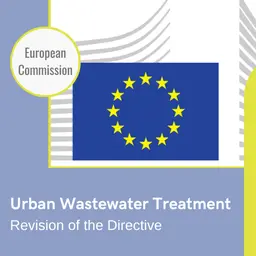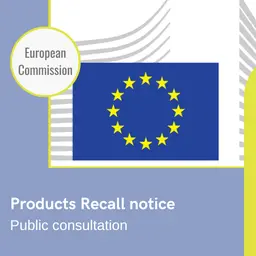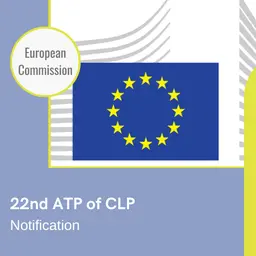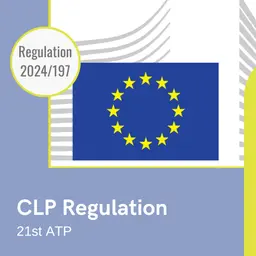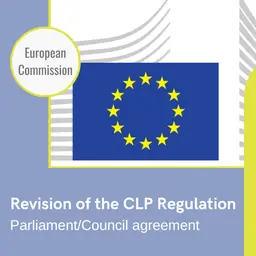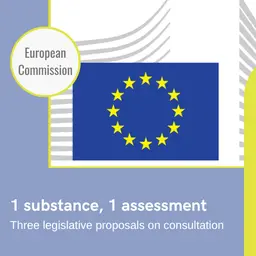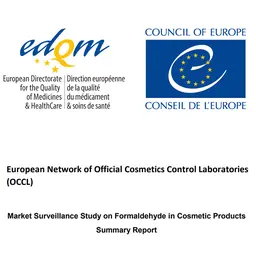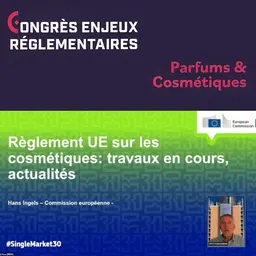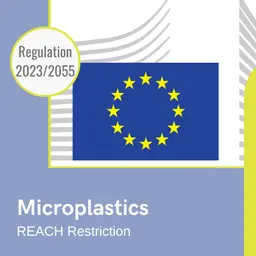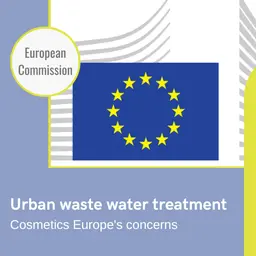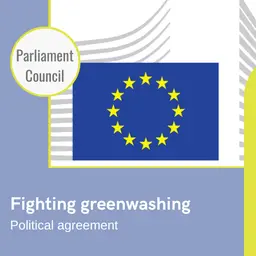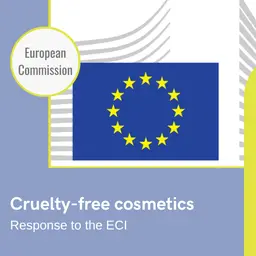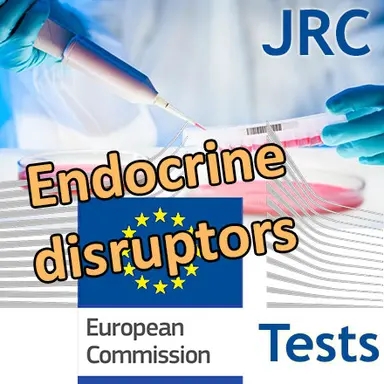
European Joint Research Centre announces that the AR-CALUX® method was validated by the JRC’s EU Reference Laboratory for alternatives to animal testing (EURL ECVAM) and has now been taken up in an international test guideline by the Organisation of Economic Cooperation and Development (OECD) for the detection of androgen-like chemicals.
The JRC led an OECD project to update test guideline TG 458 which includes the AR-CALUX® method along with two other similar methods. All three methods use genetically engineered cell lines that respond to either activation or blocking of the androgen receptor. Government agencies, industry, and contract research organisations need this type of mechanistic information to identify potential endocrine disruptors.
As described in related OECD guidance, information on androgen activity derived from in vitro methods is typically combined with other information sources, for example within an integrated approach to testing and assessment (IATA), to arrive at a conclusion about the endocrine properties of a chemical.
The validation study
The JRC’s EURL ECVAM validated the AR-CALUX® method through a study involving three test facilities of the European Union Network of Laboratories for the Validation of Alternative Methods (EU-NETVAL): RISE, Covance and Charles River; and the test method developer, BioDetection Systems.
As explained by Anne Milcamps, JRC scientist and coordinator of the validation study: “We looked at the reliability and relevance of the AR-CALUX® method for detecting androgen activity. A reliable method means it can be transferred between laboratories and the results obtained will be reproducible. Relevance is more about the science …

